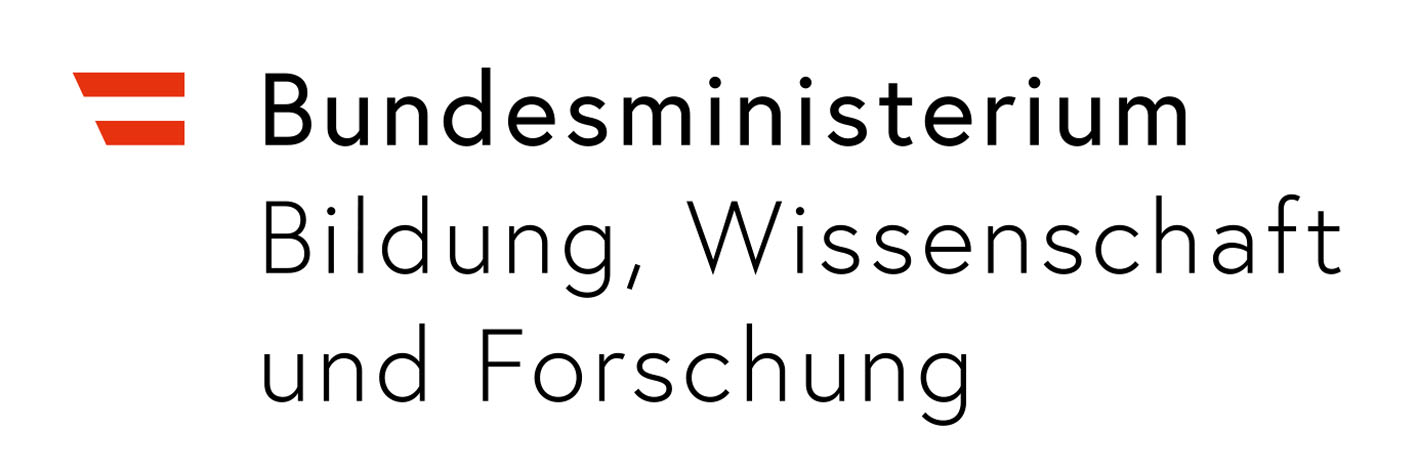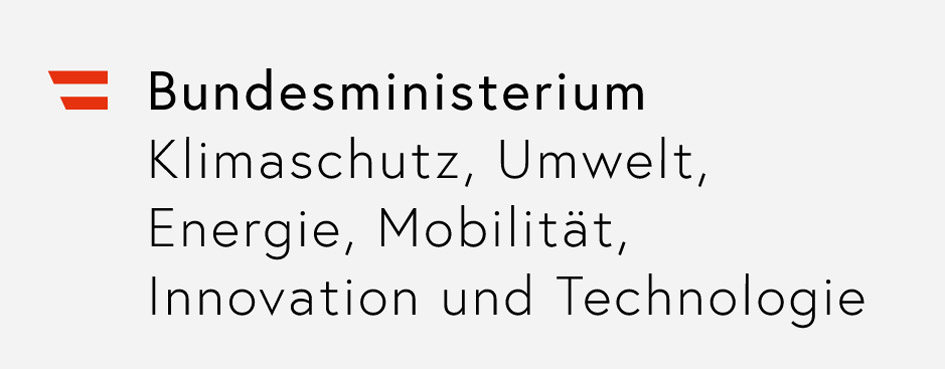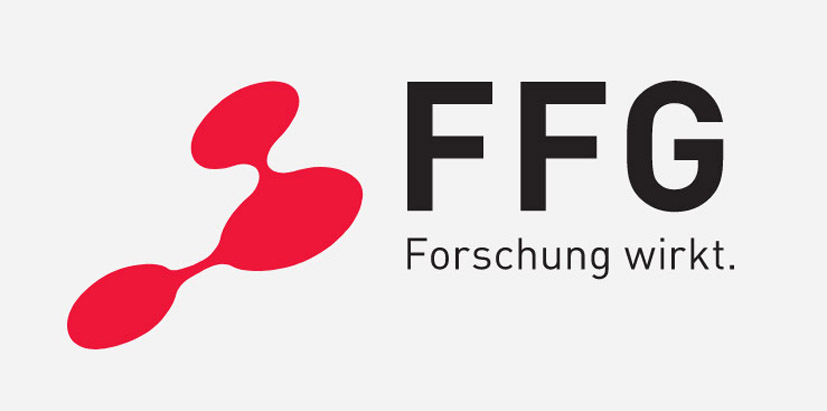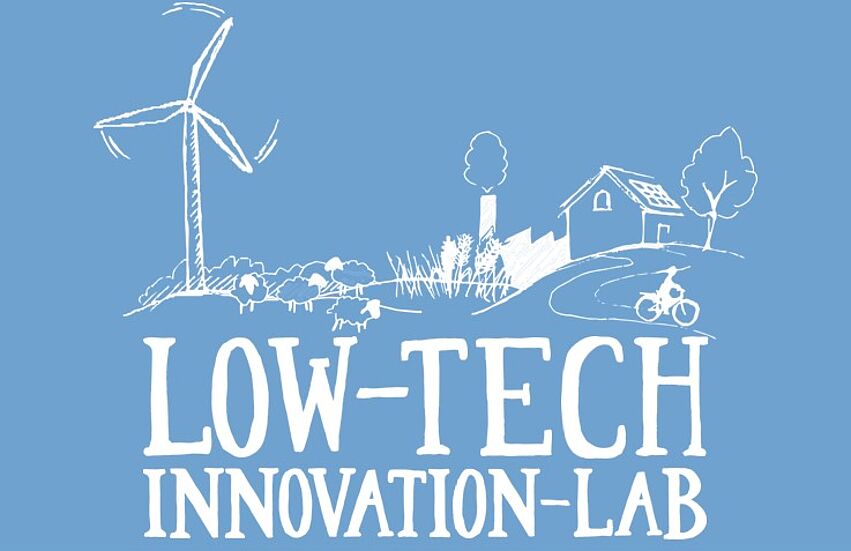As a preparation for a real laboratory, the exploratory study examines different aspects and relevant questions in the direction of an energy transition based on renewable energy. In this project, low tech is understood as an optimised approach with regard to the "use of technology" on the one hand and the greatest possible use of existing potentials of the environment, local resources and social innovations on the other. To this end, possibilities and potentials of a synergetic interaction of relevant factors as well as sufficiency potentials are explored in selected model regions.
The aim is to investigate fundamental questions and aspects of low tech model solutions and to prepare their successful implementation in a concrete pilot region. In an overall concept, the transformation to a region supplied with 100% renewable energy is to be presented on the basis of integrated system solutions and the interaction of partial aspects of individual sectors. With the aim of demonstrating scalable and multipliable prototypical model solutions for 100% renewable energy (and more), the broad integration of different sectors (energy system, transport, industry and commerce, agriculture) is mandatory, but equally important is the participatory involvement of citizens and consideration of regional drivers of innovations and value chains.
Strategic actor constellations as well as communal and civil society engagement are the supporting pillars of the integrated energy system to be developed, along with sectoral coupling between the energy systems of transport, industry, commerce and agriculture as well as geographical, microclimatic and local resources. Furthermore, the formation of system cycles and the use of possible supply and disposal cycles with interconnected buildings or other sectors is a decisive factor. With the ecological and social approach of including nature-based solutions, circular economy, material ecology, life cycle costs, utilisation mix and sufficiency potentials, a holistic interpretation of low tech is pursued.
The work will draw on the experience of existing real laboratories and in particular on preliminary projects from the City of the Future research programme and the energy research programme of the Climate and Energy Fund.






